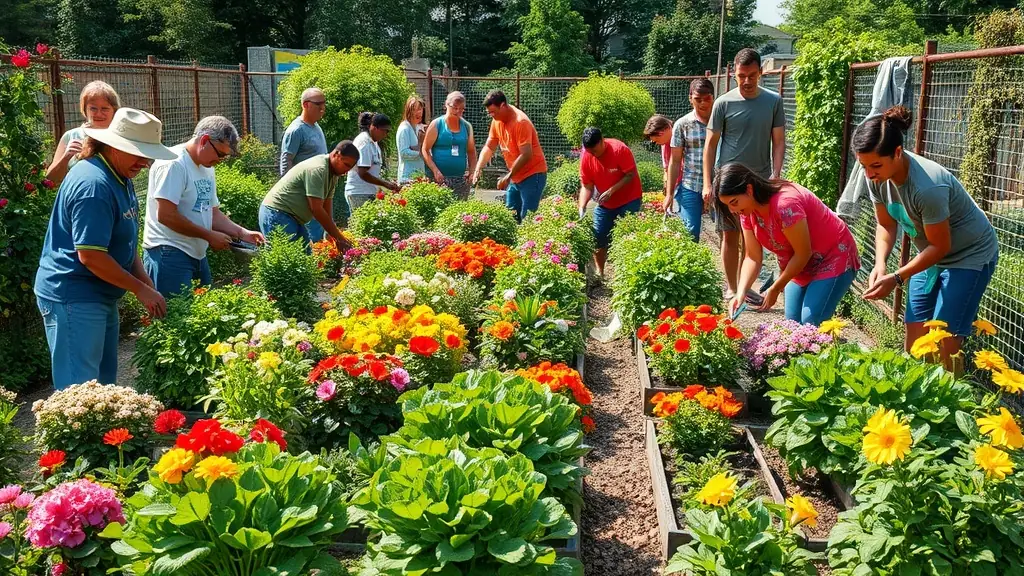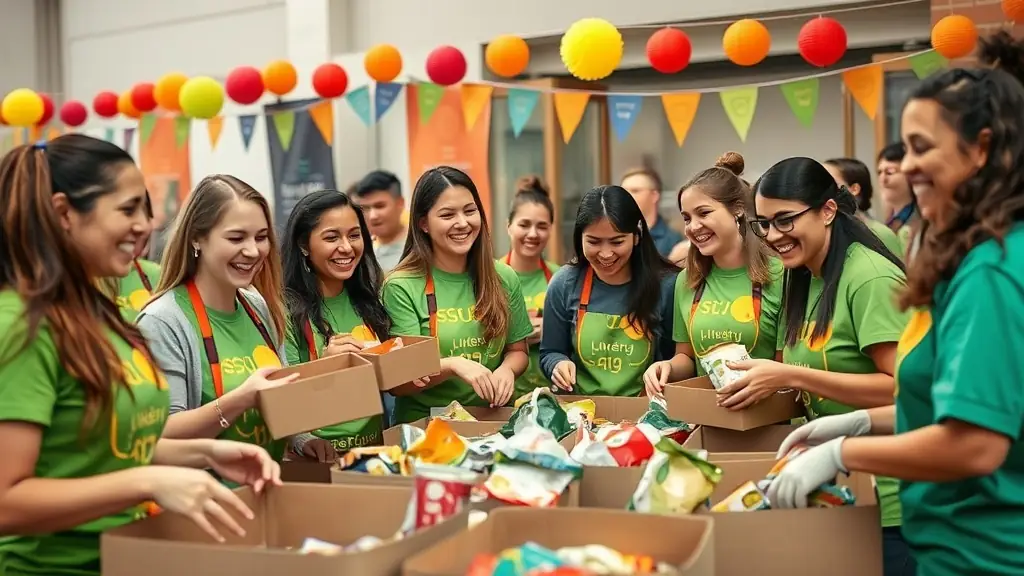Community gardens have emerged as a powerful tool in the fight against hunger, particularly in urban areas where access to fresh produce is limited. These gardens not only provide food but also foster a sense of community and belonging among participants. By bringing people together, community gardens create opportunities for education and skill-sharing, empowering individuals to take control of their food sources. As a result, they play a crucial role in enhancing food security and promoting healthier lifestyles.
In addition to providing fresh fruits and vegetables, community gardens often serve as a platform for local engagement and activism. Participants learn about sustainable practices, nutrition, and the importance of local food systems. This knowledge can be transformative, as individuals become advocates for food justice within their neighborhoods. Furthermore, community gardens can help reduce food deserts, ensuring that everyone has access to nutritious options.
Famine Relief recognizes the importance of community gardens and actively supports initiatives that promote their establishment. By partnering with local organizations, we aim to create more green spaces that not only feed families but also strengthen community ties. Together, we can cultivate a future where everyone has the opportunity to grow their own food and thrive.





